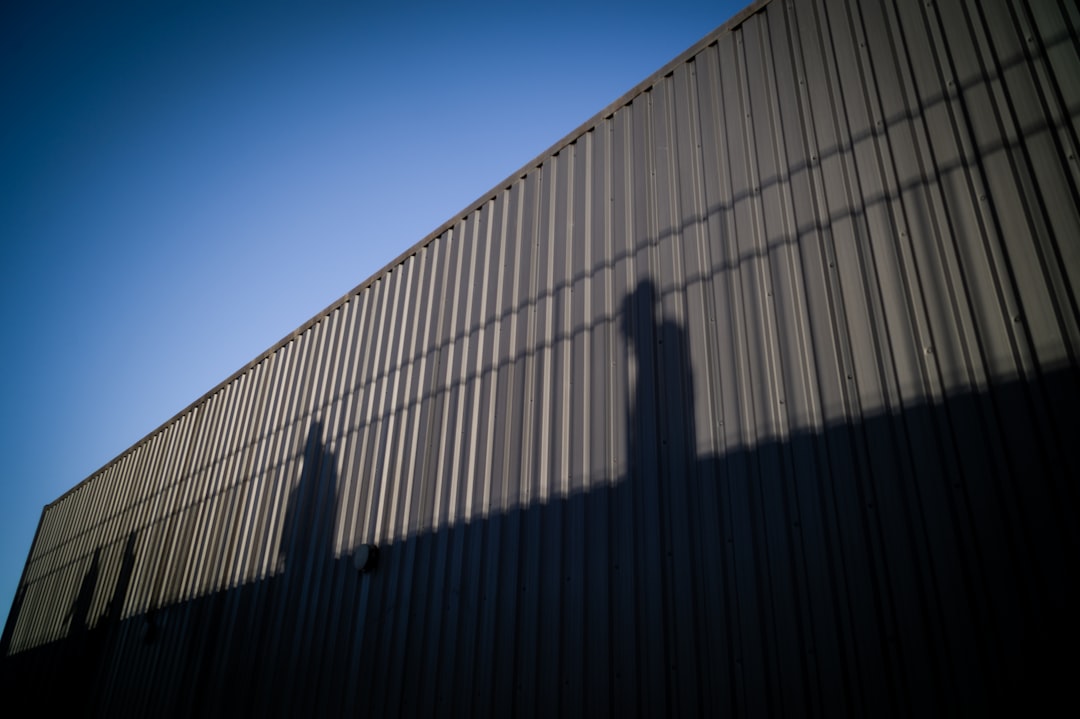Judicial Authority vs. Executive Power: The High-Stakes Faceoff in U.S. Immigration Policy
Few legal conflicts in recent memory have so starkly exposed the friction between the federal judiciary and the executive branch as the Trump administration's extraordinary accusation of "unprecedented defiance" by a lower-court judge in an immigration dispute. This episode, far more than a courtroom squabble, shakes the foundations of American governance, thrusting critical questions about the limits of power and the health of the balance-of-powers doctrine into the national spotlight.
The Players and the Flashpoint
Parties Involved:
- Trump Administration: Claimed that a federal judge blatantly disregarded a clear Supreme Court ruling regarding immigration enforcement.
- Federal Judge: Allegedly imposed restrictions or refused to lift an injunction despite higher court direction.
- Supreme Court: The nation’s highest legal authority, whose rulings are meant to be the final word.
At its core, the case reflects a recurring tension: federal courts as a check on executive overreach versus the executive branch insisting on recognized constitutional boundaries, especially when national security or immigration control are invoked.
The Stalemate: Arguments and Implications
Key Points of Contention
| Trump Administration View | Judicial Perspective |
|---|---|
| Supreme Court rulings must be followed | Lower courts have obligation to uphold constitutional rights, even against executive action |
| Judges overstepping bounds endanger rule of law | Judicial independence is essential, especially when fundamental rights are at stake |
| Disregard for hierarchy causes legal chaos | Mechanical deference can erode civil liberties |
Why Does This Matter?
The rule of law depends on judicial independence—but what happens when lower-court judges, often deeply divided along political lines, appear to resist higher court mandates? Critics argue that such "defiance" could foster a patchwork legal system, diminishing respect for the Supreme Court and encouraging forum-shopping. Conversely, defenders of the judiciary warn of creeping authoritarianism if judges become mere rubber stamps for controversial executive actions.
"The controversy is less about the specifics of immigration policy, and more a referendum on the checks and balances that define American democracy.”
The Bigger Picture: A Symptom of Broader Turbulence
Politically-charged disputes over immigration regularly ignite explosive legal showdowns. The Trump era, in particular, saw a record number of nationwide injunctions against executive policies—a trend that fueled conservative outrage and led to Supreme Court rebukes. Yet, the proliferation of such disputes is itself a sign of deep-seated political and social rifts, with the courts increasingly drafted into ideological battles formerly waged on the campaign trail.
Actionable Insight:
For policymakers: This impasse underscores the urgent need for clearer statutory guidance and respect for institutional roles.
For citizens: Stay alert to how clashes far removed from headlines—such as obscure district court skirmishes—can ultimately affect rights, liberties, and the power of government.
This article was inspired by the headline: 'Trump administration accuses judge of 'unprecedented defiance' of Supreme Court in immigration dispute - NBC News'.

Comments
No comments yet. Be the first to comment!